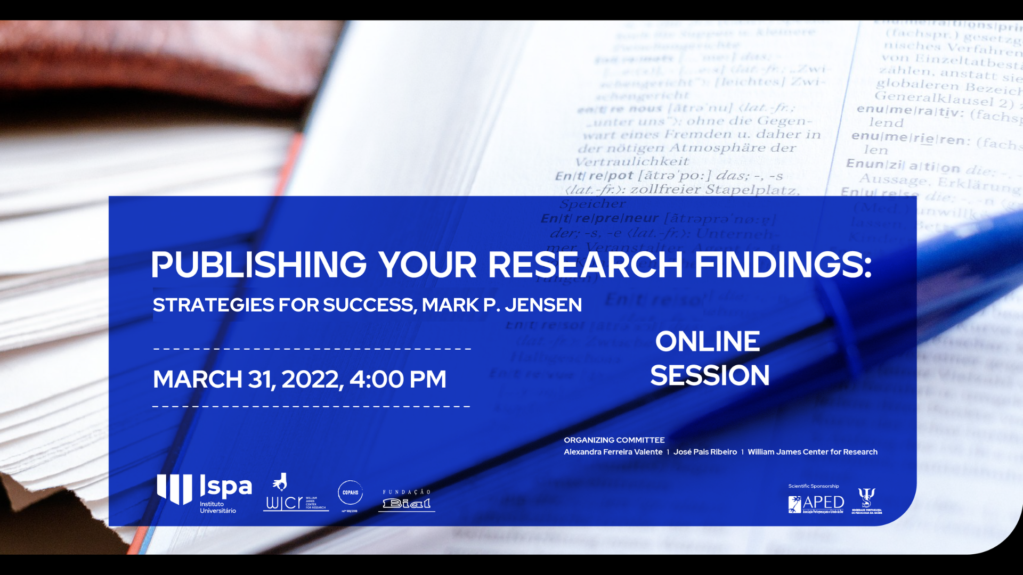27 a 28 Set 2024
2º Congresso Internacional para a Investigação em Psicologia Escolar e da Educação
O Ispa será palco do 2º Congresso Internacional para a Investigação em Psicologia Escolar e da Educação (CIIPEE), que se inicia às 13h do dia 27 de...


